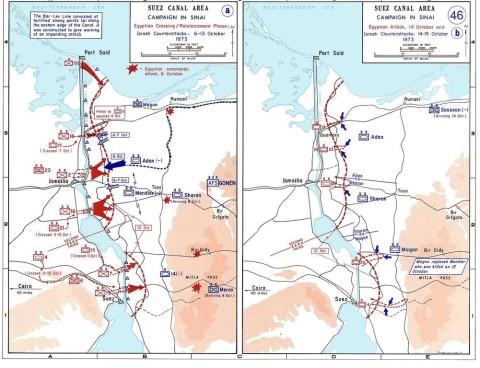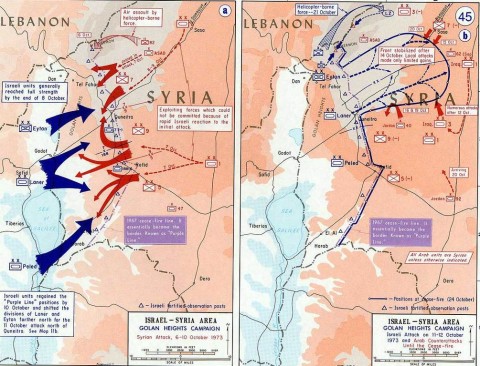Fred Siegel and Sol Stern review a new book by Tuvia Tenenbom called Catch The Jew!:
If you want to understand why there is no peace in the Holy Land despite the best efforts of the Obama administration and the billion-dollar European “peace and human rights” industry, you owe it to yourself to read Catch the Jew! by Tuvia Tenenbom. This myth-shattering book became an instant bestseller in Israel last year, yet, Germany aside, it has largely been ignored in American and European media outlets and by the reigning Middle East punditocracy. Ostensibly, Tenenbom’s book is disdained because the author lacks the academic or journalistic credentials to be taken seriously as a commentator on the Israel-Palestinian conflict. Though he speaks both Arabic and Hebrew, Tenenbom possesses no professional expertise on the modern Middle East, nor has he had any previous journalistic experience covering Israel and the Palestinian territories.
So much for academic and journalistic credentials, then. In this volume full of personal observations, revealing interviews, and Swiftian satire, Tenenbom offers deeper insights into the fundamental realities of the Middle East conflict and the pathologies of the Palestinian national movement than decades of reporting by media outlets such as the New York Times, The New Yorker, and Israel’s Haaretz. No fair-minded person can come away from this book without wondering why such citadels of contemporary liberal journalism have neglected to inform their readers of the scam being conducted in the region by self-styled human-rights activists and their taxpayer-funded European NGOs — not to mention that this massive international intervention actually makes it even more difficult to achieve a peaceful solution to the conflict.
So what’s the secret of Tenenbom’s journalism? For starters, he disarms the anti-Israel activists and Palestinian officials he engages with by dissembling about his own identity and by playing the simpleton. The author was raised in an ultra-Orthodox Jewish family in Israel. As an adult, he broke with organized religion and moved to America, where he became a successful playwright and founder of the Jewish Theater of New York. In his travels around Israel and the Palestinian territories, however, Tenenbom presents himself as Tobi, a German gentile and unaffiliated journalist — an innocent abroad sincerely trying to understand why the Jews have chosen to oppress the poor Palestinians. Because many of Tenenbom’s Palestinian and pro-Palestinian interlocutors assume that this well-meaning German must be on their side — a reasonable assumption, since much of the financial support for the pro-Palestinian NGOs comes from the German government or political parties — the ruse works brilliantly. The activists are willing to open up to the apparently naïve German and express their true beliefs about Israel and Zionism — hateful views they might be more circumspect about sharing with, say, a New York Times reporter.






